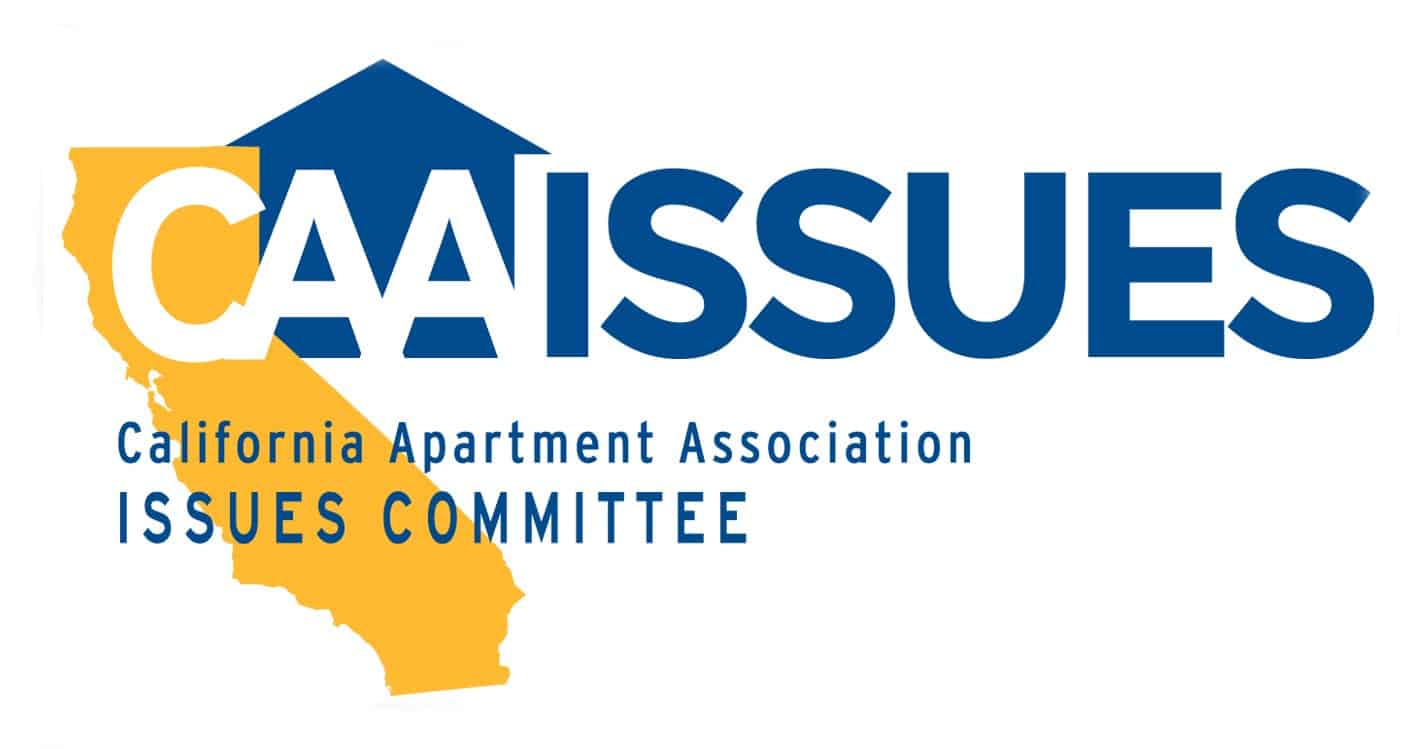The Pet Addendum (Form CA-080) is one of CAA’s most popular forms. It allows the landlord to grant permission for a tenant to have a pet, when pets are prohibited by the rental agreement. The addendum requires the specific pet to be identified. The purpose of this provision is to enable the landlord to determine whether the dog seen with the resident at the property is actually the one that is allowed. This prevents a St. Bernard from being swapped in for a Chihuahua. The tenant is required to notify the landlord if the pet identified in the addendum no longer resides at the premises. If the tenant plans to get a new pet, a new addendum should be executed.
Numerous rules for the pet and resident are set out in the agreement, including use and cleaning of common areas; waste disposal; appropriate feeding and food storage; flea infestation prevention and management, spaying or neutering, use of leashes, carriers and cages and confinement of the pet when maintenance staff needs access to the unit. The addendum specifically addresses damage, nuisance, and threatening behavior from the pet and holds the resident responsible for all damages and expenses.
The addendum also allows the landlord to require an additional deposit and/or for the resident to have liability insurance that covers the pet. Any additional deposit should not be named as “pet deposit” because that may limit its use at the end of the tenancy.
The pet addendum is not only for cats and dogs; it also can be used for other pets such as rodents, reptiles and amphibians, or birds. One situation in which the pet addendum is not appropriate, is if the tenant’s animal is an assistance animal (i.e., a support or service animal). On Jan. 1, 2020, new state regulations governing reasonable accommodations and assistance animals went into effect. CAA’s upcoming webinar will cover the most common issues relating to assistance animals, the new regulations and when to use CAA’s Assistive Animal Request and Documentation Packet (Form CA-210) instead of the Pet Addendum.

